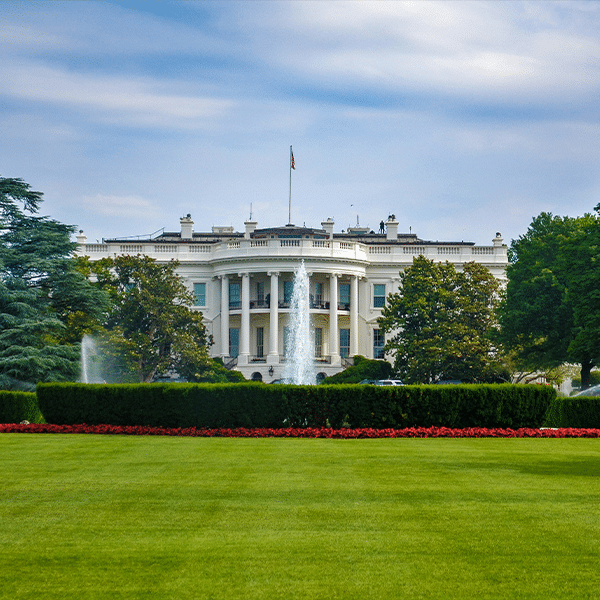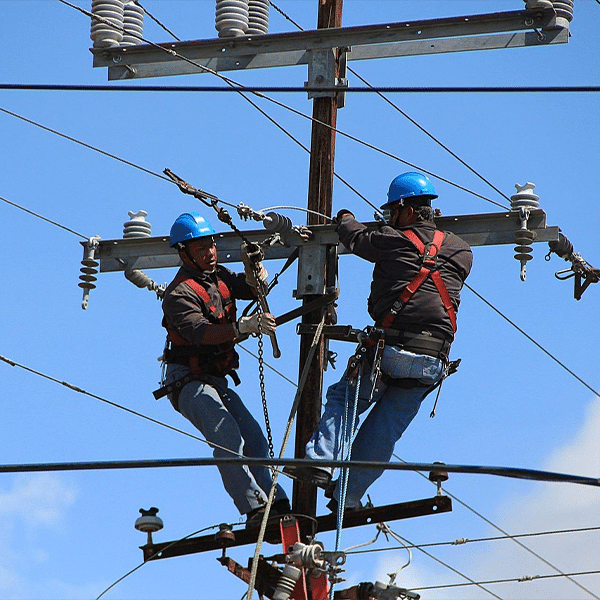 The FCC recently published the results of an independent study aimed at giving broadband customers a more accurate and reliable gauge of the actual, as opposed to advertised, broadband speeds they could expect from ISPs. Cable industry ISPs took exception, and acting through their D.C. industry lobby, the NCTA, filed comments protesting the conclusions and the data upon which they are based.
The FCC recently published the results of an independent study aimed at giving broadband customers a more accurate and reliable gauge of the actual, as opposed to advertised, broadband speeds they could expect from ISPs. Cable industry ISPs took exception, and acting through their D.C. industry lobby, the NCTA, filed comments protesting the conclusions and the data upon which they are based.
The FCC study, performed by comScore, found that there was a 40% to 50% gap between actual speeds and the advertised maximum speeds consumers experienced. Citing a study of the methodology used by comScore–one prepared by NetForecast for Comcast–the NCTA complained that FCC’s portraying the results as an “absolute indicator of individual ISP’s performance” unfairly lays the blame for the discrepancy at the doorstep of the ISPs.
In fact, according to the NCTA’s finding, comScore’s methodology does not take into account delays “caused by a user’s computer, or between client and server, or conflicts from the test traffic itself,” as well as other reasons why this metric does not reflect ISP performance.
The NCTA dost protest too much, however, counters Peter Bowen, applications director at the Omnibus Broadband Initiative. Acknowledging that the comScore study took into account factors outside the control of the ISPs, the FCC’s intent, he explains, was not to come up with an “absolute indicator” of ISPs’ actual performance, rather to point out “what a typical consumer actually experiences, no matter the reason. We noted that this gap often creates confusion for consumers, and can make it difficult for them to choose the right provider or speed service tier. Consumers need to know real-world facts to make real-world choices,” Bowen writes.
Bravo! Not to lambaste cable industry ISPs’ on the issue of integrity, but each one of them, and their telco counterparts, are all engaged in fierce competition and devote huge amounts of money to marketing and advertising to manipulate consumer perceptions of their versus others products. Needless to say, they are all are extremely well-versed in the arts of spin and political lobbying. Given all the unrestrained mergers and acquisitions that have, and continue, to take place, they are also of a size and wield market and political clout of a magnitude that hasn’t been seen since the days of the original AT&T.
Bowen points out that “testing to measure absolute provider speeds” is a separate issue, and one that the FCC is working on. In this regard, the FCC intends to use the approach taken by the U.K. telecoms regulator, which found actual speeds delivered by ISPs “were roughly 57% of the advertised speeds and even lower at peak times.”


